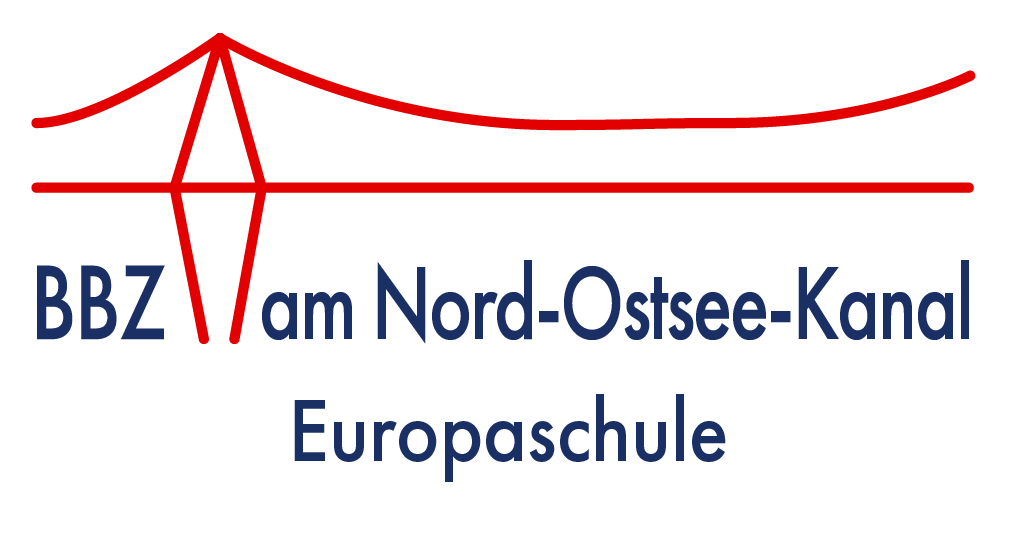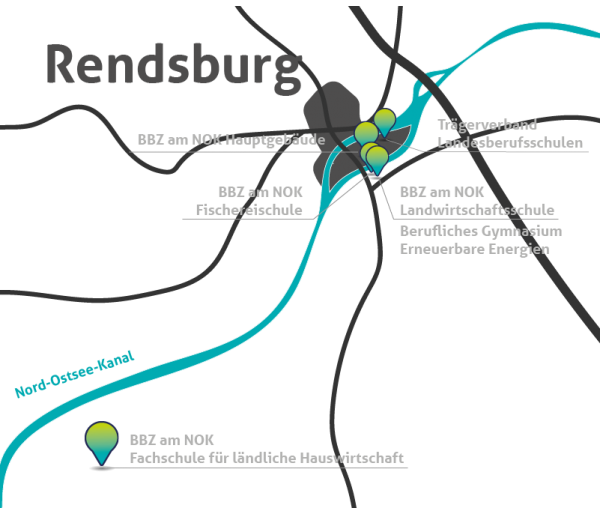Further Qualification Courses (WqBi)
The Department for Further Qualification Courses (WqBi) brings together schools providing a vocational education. These types of schools offer young people the opportunity to acquire the intermediate secondary school leaving certificate (Mittlerer Abschluss) over two years or – if this has already been obtained – the entrance qualification to a university of applied sciences combined with an assistant’s training.
Another key feature of this department is the vocational grammar school where students acquire the general university entrance qualification (Abitur) and also obtain valuable knowledge about renewable energies.
The vocational school courses also entail working with the young people on their vocational orientation and, with the help of school social work, supporting them in coping with everyday life. As well as leading to qualifications, these training courses give young people time to grow up.
Vocational School I for Technology (Berufsfachschule I Technik) is an alternative to starting vocational training straight away. Practical workshop sessions and theoretical lessons not only convey the basics for future occupations but also give students the opportunity to leave school after two years, having acquired the intermediate secondary school leaving certificate.





